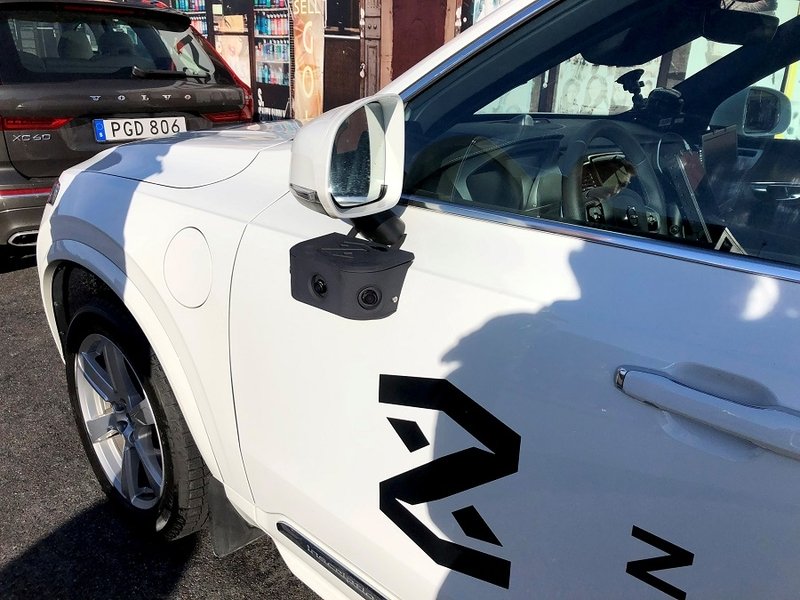
Volvo and Swedish supplier Veoneer will split up their automotive software joint venture Zenuity, the companies said in separate statements on Thursday.
Under the agreement, Volvo will set up a new stand-alone company to take over Zenuity’s current development and commercialization of unsupervised autonomous drive software.
Veoneer will integrate and operate the current Zenuity business focused on development and commercialization of advanced driver assistance system (ADAS) software.
“The intent is for each party to pursue what’s the most critical core competence for them,” Veoneer Chief Technology Officer Nishant Batra told Automotive News Europe. “Volvo wants to be a leader in autonomous driving and our intent is to more effectively pursue what we call advanced ADAS in the collaborative driving space.”
Batra said that because Veoneer serves all automakers it made sense for it to take the part of Zenuity that works on ADAS because there is a much large market for driver assistance solutions than for autonomous driving technology.
Morgan Stanley said that expectations for the launch of full-autonomous driving were pushed back significantly last year, therefore it was not surprised that Veoneer will now focus just on ADAS solutions that help the driver without taking full control of the car.
Volvo CTO Henrik Green said that a strategic benefit for the automaker is that its new company will be able to focus fully on the continued development of Zenuity’s so-called Z2 autonomous driving software for the next generation of its SPA architecture, known as SPA2.
“This will enable autonomous driving functionality on highways, which we call Highway Pilot, that will assist you during your daily commute,” Green told ANE. He added that the system would provide Level 4 autonomy on sections of road where cars are allowed to drive themselves. “With that technology, we believe we can take a significant step forward on active safety, so that this where Volvo wants to put all its focus and effort.”
Volvo has previously said that its Level 4 autonomy would be ready in the early part of this decade. That number is starting to be more specific, but with some conditions.
“If I would put a year on it today, it’s 2022,” Green said. “The main reason why we are not being overly specific is because we will always prioritize safety. We would never activate this function until we have fully verified that it’s absolutely safe. It currently remains to be seen when we will feel truly comfortable that we can do so.”
As part of the split agreement, Zenuity’s operations and people based in Gothenburg, Sweden, and Shanghai, China, will be transferred to the new company to be owned by Volvo. The operations and people based in Germany and United States will be transferred to Veoneer.
As part of the split agreement, Zenuity’s operations and about 600 people based in Gothenburg, Sweden, and Shanghai, China, will be transferred to the new company to be owned by Volvo. The operations and about 200 people based in Munich, Germany, and Novi, Michigan, in the U.S. will be become part of Veoneer’s R&D organization.
Veoneer expects to achieve annual savings of $30 million to $40 million because of the split. The supplier also expects to receive a payment of about $15 million from Volvo once the deal is finalized.
Morgan Stanley said in a note Thursday that Zenuity’s losses since it was formed in 2017 have been $50 million to $70 million a year and that it anticipates ongoing losses of $50 million annually.
The split was expected to be finalized in the third quarter at the latest, the companies said.
Reuters contributed to this report